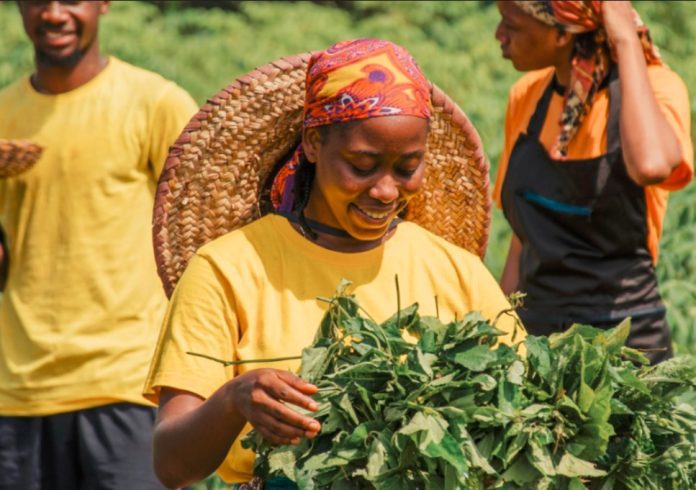News in brief: Nigeria plans to support 60,000 farmers with subsidised inputs to enhance food production and reduce post-harvest losses, in a bid to achieve food security and local agricultural value addition.
The Nigerian government has announced plans to assist 60,000 farmers with highly subsidised inputs, according to a news report. The move is made to boost food production in the country and was announced by the Federal Ministry of Agriculture and Rural Development (FMARD).
This support is in line with the implementation of the Agricultural Transformation Agenda Support Program Phase One (ATASP-1), which has begun in some states. It reflects the current administrationâs determination to attain food and nutrition security for the nation.
Permanent Secretary of the country’s agric ministry, Dr. Ernest Afolabi Umakhihe, said that the project would help to attract private sector investment and reduce post-harvest losses. It will also add value to local agriculture produce.
The minister further stated that the ministry, via the National Agricultural Growth Scheme and Agropocket (NAGS-AP) digital platform, has begun distributing subsidised farm inputs to smallholder farmers across the north-western states.
In his remarks during the commencement of NAGS-AP in Kano State, the minister highlighted the importance of the event. He said it was the ministry’s way to boost agricultural production and guarantee access to quality agricultural inputs like fertiliser, seeds and pesticides.
Also, the government approving the use of an ICT platform to deliver the inputs will ensure a high level of transparency, accountability and efficiency. Thus, he urged beneficiaries to use inputs to the full to increase farm yields and advised against input round-tripping, as defaulters will be punished.
Umakhihe added that the programmes will support targeted beneficiaries along the rice, sorghum and cassava value chains on sustainable basis. He further noted the similarities of objectives between the NAGS-AP and the ATASP-1 which include attaining food and nutrition security, while contributing to employment and wealth creation.



